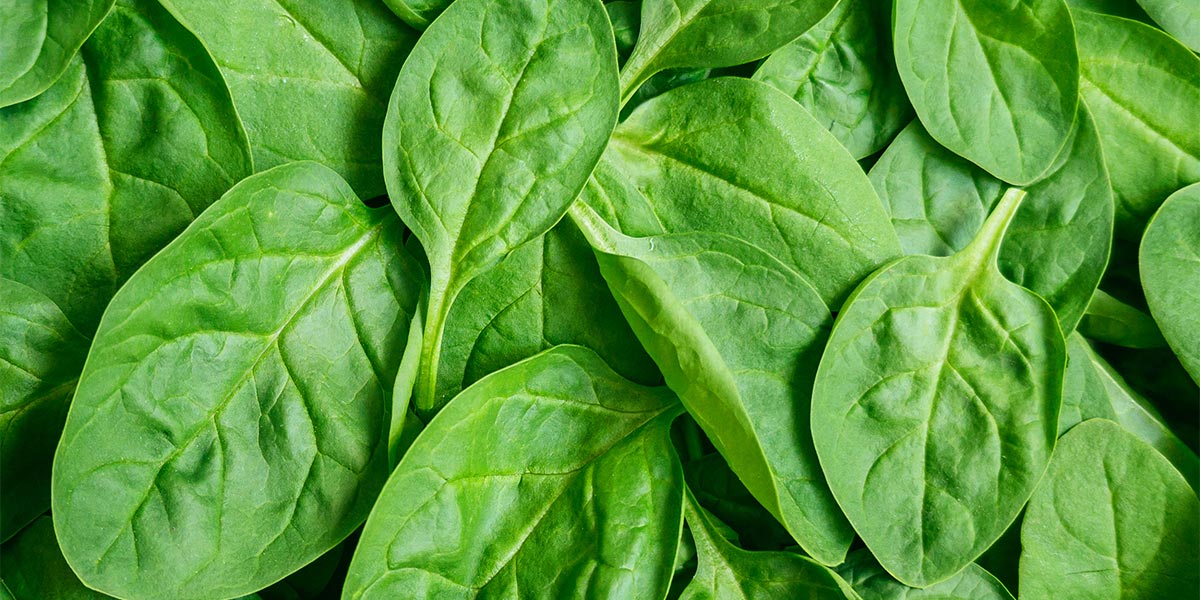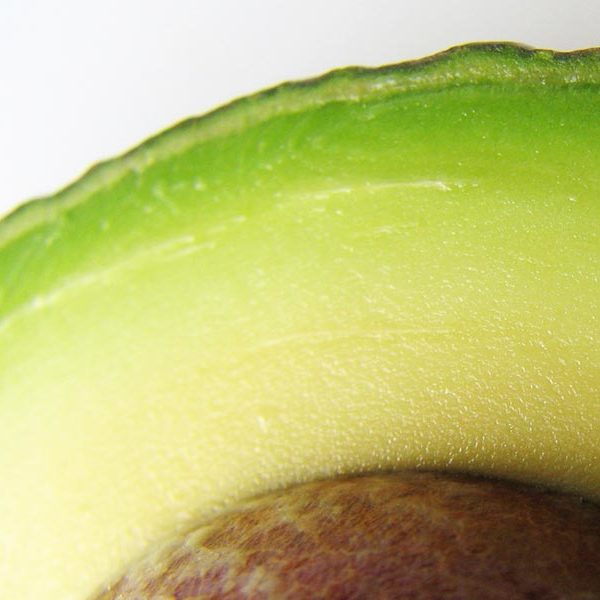
Boost your Metabolism with Vitamins and Minerals
We often become fixated on calories and macronutrients (proteins, carbs, & fats) for physical function and energy expenditure. How many of you ‘count’ your calories in the hope that you are in a deficit and burning off fat? Perhaps it’s the amount of training or physical exercise that helps boost this deficit, or perhaps it’s a combination of the nutritional value of the foods you are eating.
What if I was to shed some light on the fat burning process and explain that calories in vs. calories out isn’t as easy as this old-age equation? In fact the types of foods you eat and their ‘nutritional’ content is paramount to the efficient function of your metabolism (which is the conversion of energy from food into useable energy for physical function). Do you ever wonder why some people burn their meals more efficiently than others, without having to necessarily over-exert themselves in the gym? Could it be that they are eating the right mix of vitamins and minerals to help speed up their metabolism, and therefore prompt their body to utilise calories more efficiently?
Further to this, what if I was to also tell you, that these same micronutrients (vitamins & minerals) also help with your outer beauty and ‘glow’. In fact, skin, hair, nails and that radiant glow are exemplified by eating a balance of wholefoods. Being well nourished AND eating the correct amount of macros can help boost your metabolism before you even set foot in the gym. Keep in mind however, that you can't discard exercise. A successful health & fitness plan encompasses both Nutrition & Exercise.
As you can see from the above summary, it is important to eat a diverse range of foods from ALL food groups. If you choose wholefoods that are packed with vitamins and minerals, that meet your caloric requirement and contain good sources of protein, carbs and fats, then you are on the way to enhancing your health and wellbeing. Factor in regular, quality exercise to generate a calorie deficit and you also have the added bonus of burning fat, developing lean muscle tone and improving your overall health and fitness.
For great meal ideas that are packed with healthy vitamins and minerals and meet your daily macros, head over to the Protein Bread recipe pages. There's lots there from dinners, breakfasts and snack ideas.
And if you’re looking for a comprehensive exercise and fitness program, then check out Fit N Trim 4 Life.
References:
AIWC, Understanding the Principles of Nutritional Science; Sonja Bella, p29-30


![Avoid these 7 common dieting mistakes [especially number 6] - PBCo.](http://lovepbco.com/cdn/shop/articles/Mistake-feature-image.jpg?crop=center&height=600&v=1691414065&width=600)